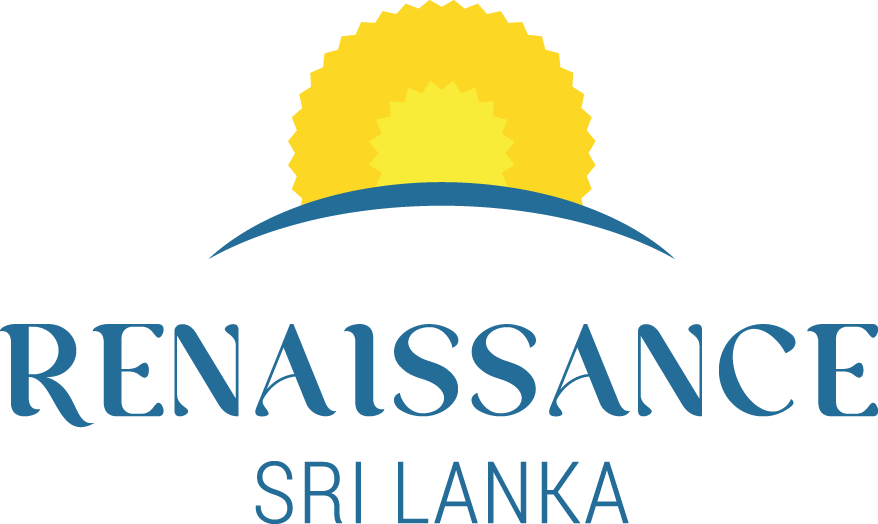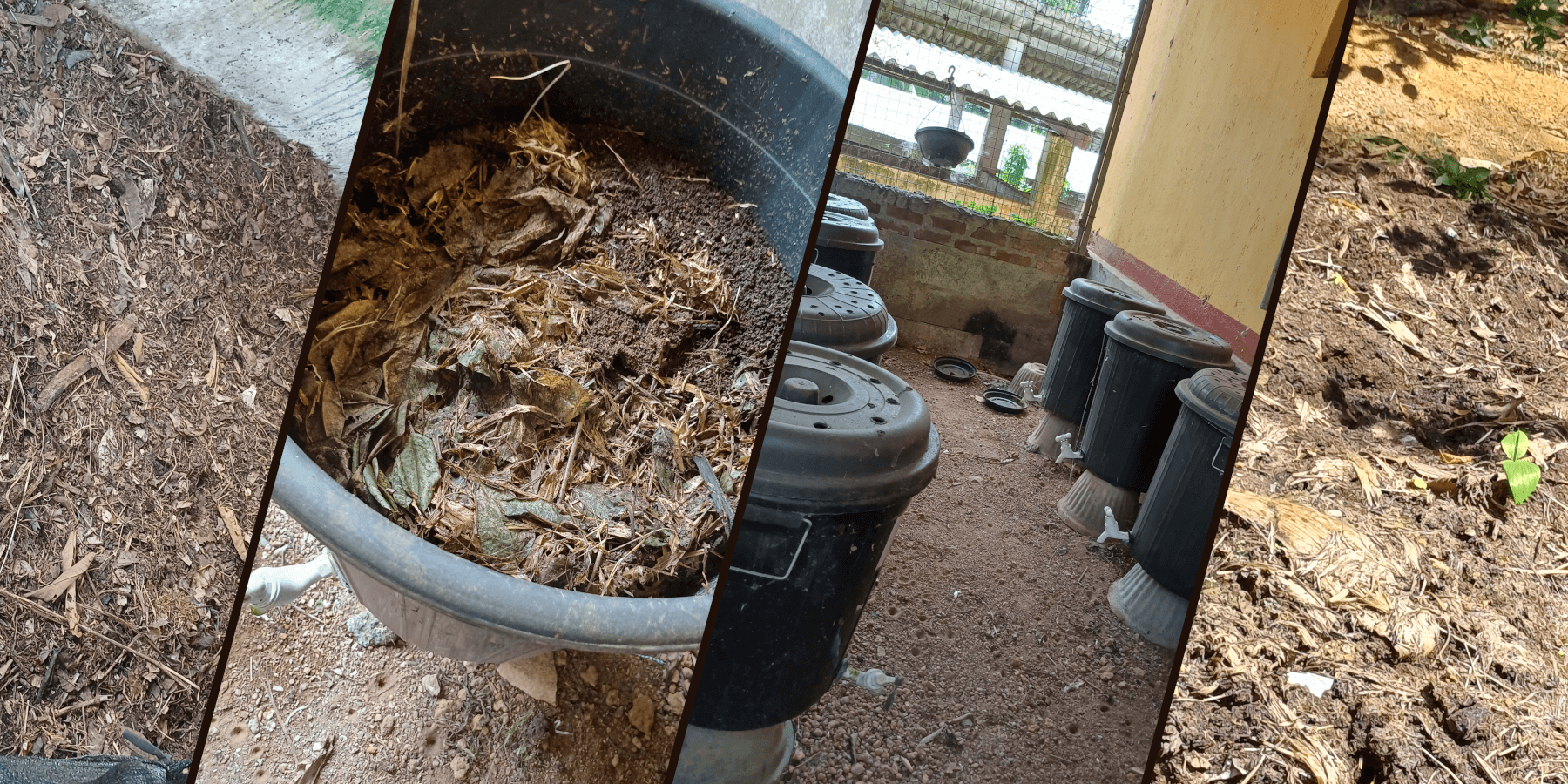
Maximizing Organic Outputs: A Sustainable Approach to Agricultural Inputs
In the evolving landscape of agriculture, the emphasis on organic processes has gained momentum, driven by the need for sustainability, environmental preservation, and health benefits. A crucial aspect of maximizing the outputs of organic processes lies in building sufficient stocks of mandatory inputs and subsidizing nutrition over yield. This approach not only ensures long-term sustainability but also promotes a healthier ecosystem. To achieve this, a strategic mix of externally purchased and internally manufactured organic inputs should be utilized at the colony (village/enclave) level.
Seed Stocks: Preserving Heritage and Ensuring Future Harvests
Seed stock storage at the community level is an almost forgotten art. While substantive seed banks have been established for heirloom varieties, there is often no real record of these or the varieties they contain. The establishment of these banks should be at the pico/micro level rather than large-scale repositories. Large banks have proven less effective and increase seed morbidity due to questionable extraction, storage, and usage practices. However, the upstreaming of genetic resources to larger banks could be considered if there is strong monitoring of such repositories and their effectiveness.
Maintaining a local seed repository is essential. Also, the river basin-related seed repository or an agro-climatic zone-based seed repository could be considered. Such repositories would ensure a diverse and resilient seed stock, crucial for adapting to varying climatic conditions and pest threats. A possible seed exchange architecture and a floor plan for a seed store should be developed, providing a blueprint for community-level implementation.
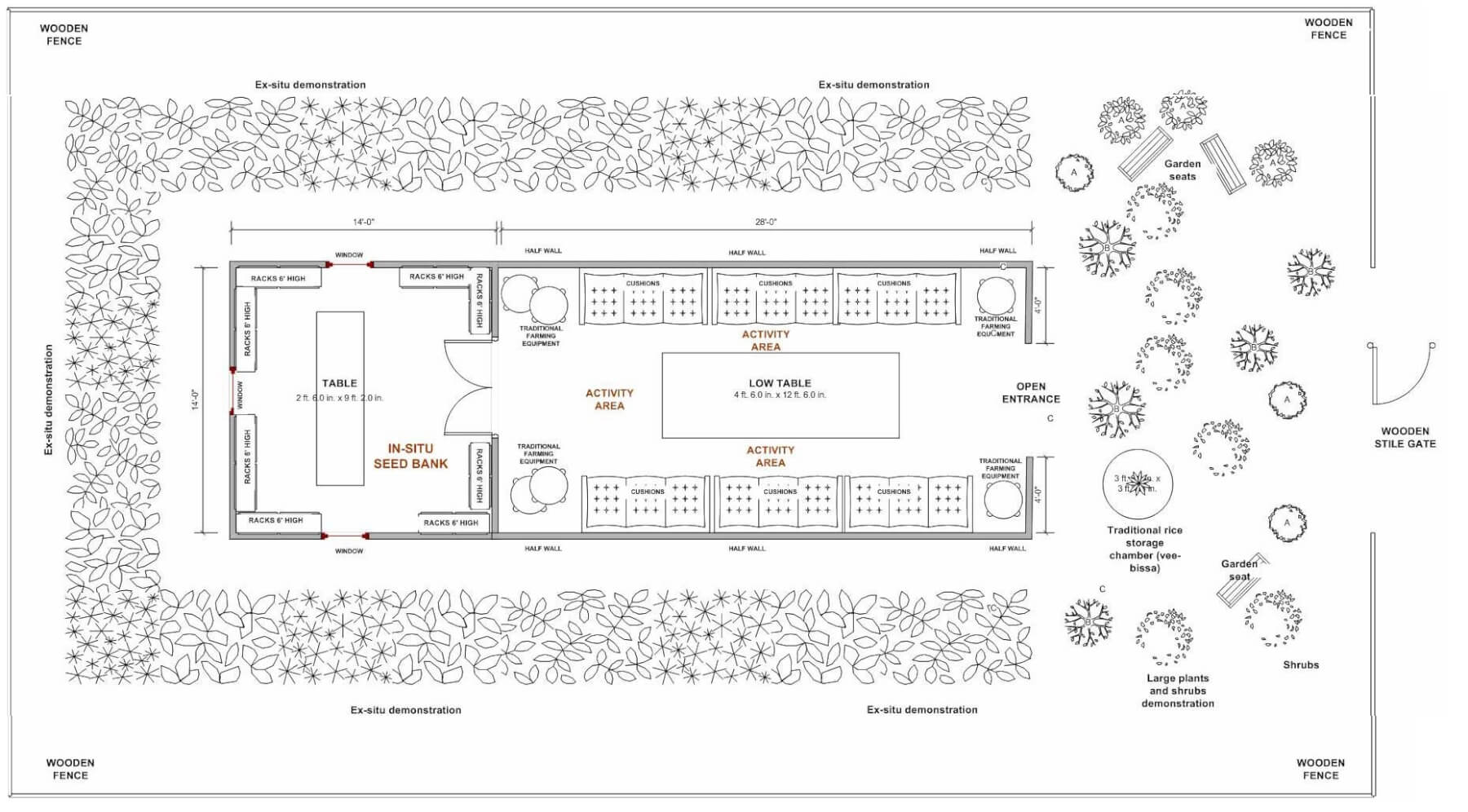
Sample seed store architecture © Hector Kobbekaduwa Agrarian Research and Training Institute
Livestock: Building Community Resilience and Nutrient Cycles
Livestock plays a crucial role in ensuring the availability of raw materials for organic fertilizers. However, livestock numbers have significantly degraded with the intrusion of reductionist practices and mechanization. Rebuilding community livestock is essential for preparing organic fertilizers, which are pivotal for sustainable farming practices. Chickens, goats, and bovines are particularly important in this context.
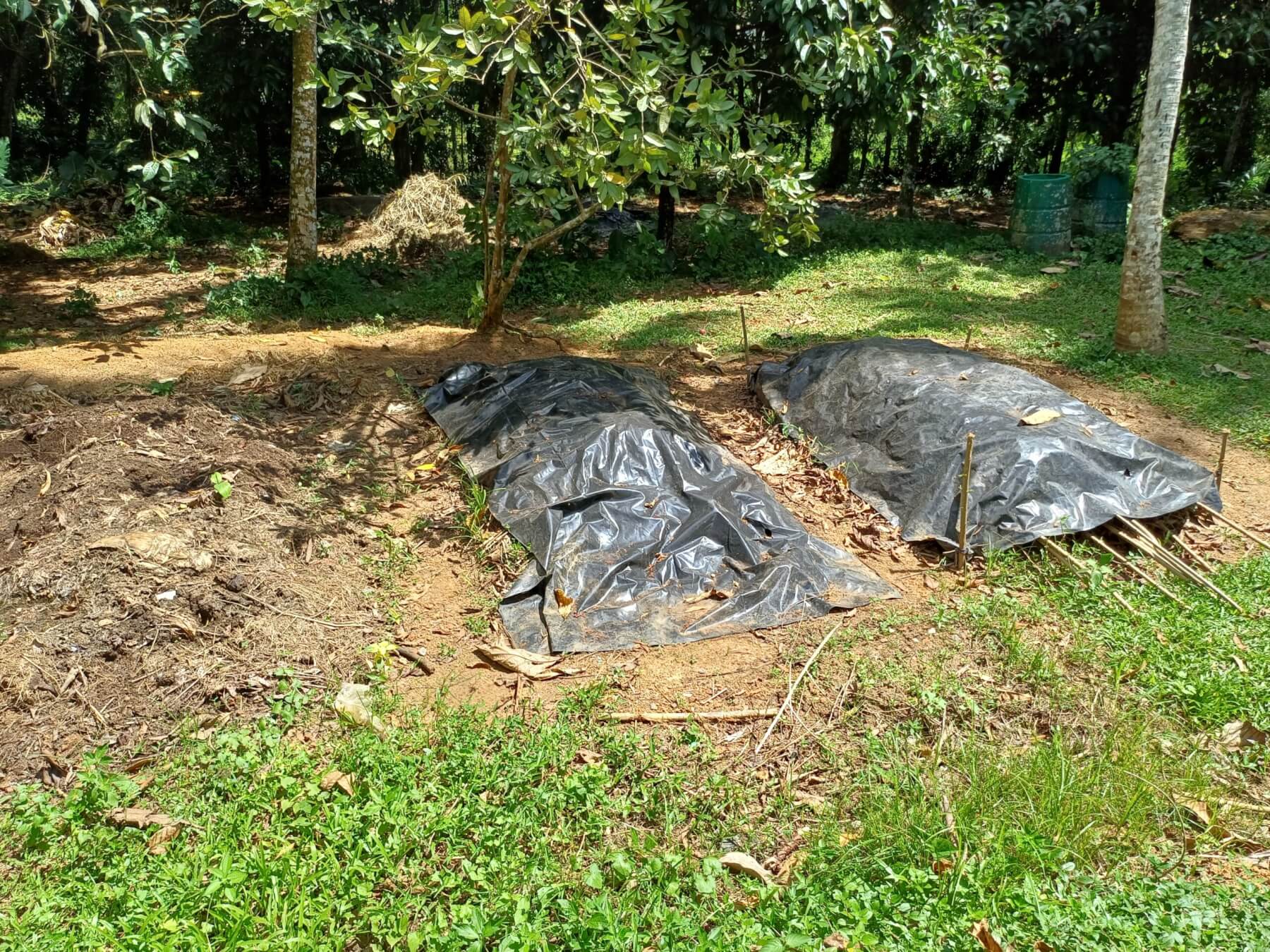
Manufacturing process of organic fertilizer © Renaissance Sri Lanka
The exact approach to rebuilding livestock will depend on the terrain, agro-climatic zone, and availability of fodder. Initial resource audits should map these specificities, followed by tailored improvement plans. For bovines and goats, the invasive guinea grass, initially brought to Sri Lanka for feed purposes, has become a menace. However, copious volumes of this grass are available and could be harvested on a mass scale to increase feedstock for bovines and reduce its impact on other biodiversity. This dual approach addresses both feedstock availability and biodiversity preservation.
Organic Fertilizer and Pest-Repellent Stocks: Community Manufacture and Market Integration
Building stocks of organic fertilizers and pest repellents can be approached through community manufacture or market integration. While many individuals, communities, and businesses have attempted to establish such fertilizers, success has been mixed. Often, manufacturers and promoters make heroic claims that are largely unsubstantiated. The effectiveness of these materials is dependent on various factors, including specific agro-climatic zones.
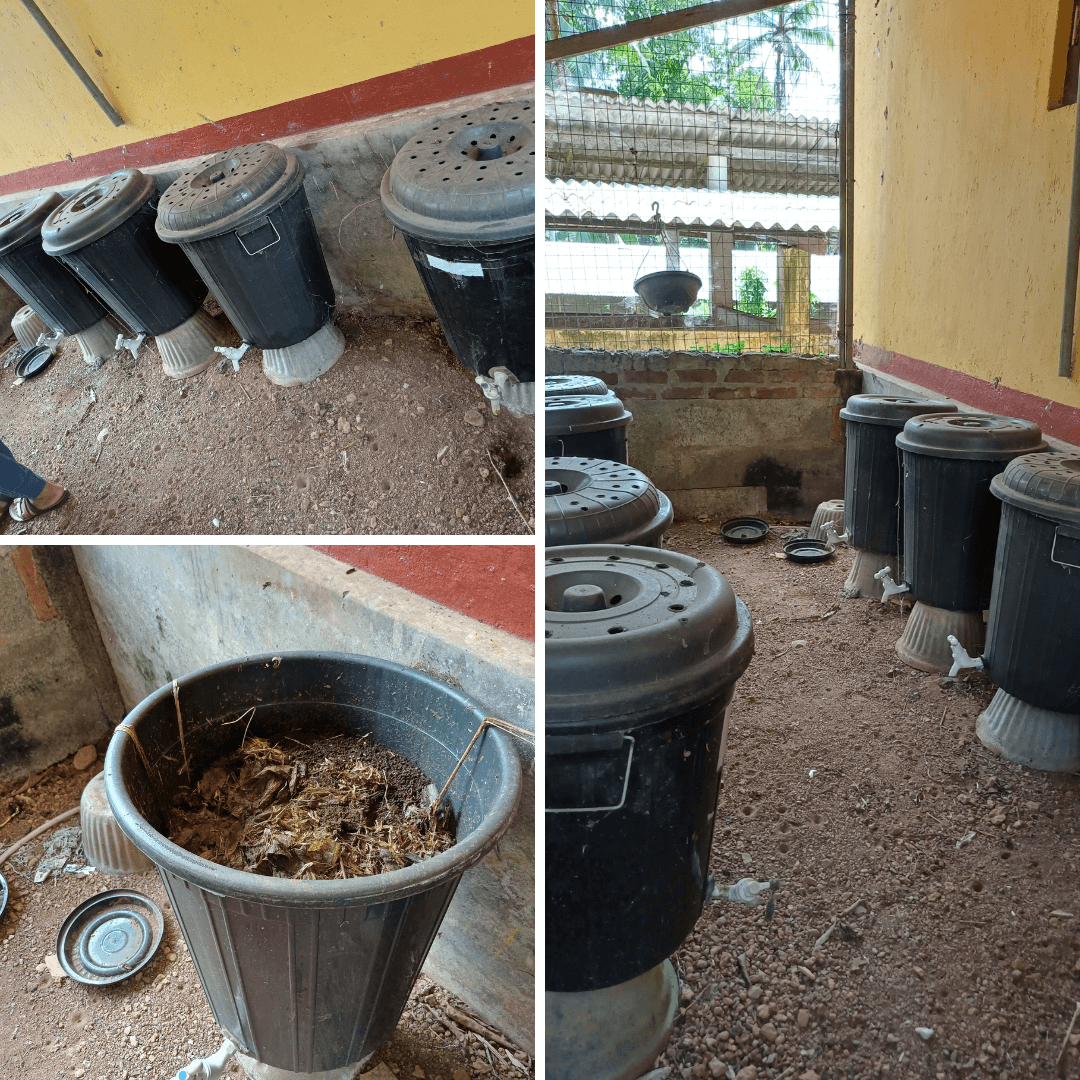
The manufacturing process of liquid fertilizer by using warms © Renaissance Sri Lanka
General fertilizers, such as compost, can be manufactured without much trouble and are effective. However, specific fertilizers optimized for crop mixes require careful consideration and analysis of the geophysical terrain. Unlike agrochemicals, organic inputs do not follow a one-size-fits-all model. An effective audit of these products and processes is imperative before agro-cultural experts can confidently direct farmers to use or manufacture specific types of organic inputs for their fields and plots.
Ensuring Sustainable Management
The overarching issue of managing these inputs sustainably over the long term requires careful consideration at both the pilot and replication levels. These are the key considerations:
- Community Involvement and Training: Training of Trainers (TOTs) should be implemented to provide communities with the knowledge and skills required for self-manufacture of organic inputs. This empowers local communities and ensures sustainability.
- Resource Audits and Planning: Conducting initial resource audits to map specificities of resources, such as seed varieties and livestock feedstock, is crucial. Subsequent improvement plans should be tailored to these findings.
- Monitoring and Effectiveness Audits: Regular monitoring of seed repositories, livestock management, and organic fertilizer production is essential. Effectiveness audits should be conducted to ensure that the organic inputs are performing as expected and adjustments should be made as necessary.
- Policy and Subsidies: Policies that support the subsidization of nutrition over yield are vital. Financial incentives and subsidies for organic farming practices can encourage more farmers to adopt these sustainable methods.
- Collaboration and Exchange: Establishing networks for seed exchange and knowledge sharing can enhance the resilience and adaptability of communities. Collaboration between different regions and agro-climatic zones can lead to innovative solutions and best practices.
Embracing Organic Sustainability: A Vision for Renaissance Sri Lanka
Renaissance Sri Lanka stands at the forefront of a transformative movement, aiming to empower communities and ensure sustainable agricultural practices across the nation. In the face of increasing environmental challenges and the need for healthier, more resilient food systems, Renaissance Sri Lanka can play a pivotal role in promoting organic processes, preserving biodiversity, and enhancing community well-being. Here’s how we can take concrete steps to build sufficient stocks of mandatory inputs for maximizing outputs of organic processes and prioritize nutrition over yield.
Establishing Local Seed Banks – One of the first steps towards agricultural sustainability is the establishment of local seed banks. Seed stock storage at the community level is crucial for preserving heirloom varieties and ensuring a diverse and resilient seed pool. Renaissance Sri Lanka can:
- Assist to set up Pico/Micro-Level Seed Banks: These small-scale seed banks can store a variety of seeds suited to the local agro-climatic conditions. This ensures that communities have access to a wide range of seeds, preserving genetic diversity and enhancing resilience against pests and climate change.
- Facilitate Seed Exchange Networks: Creating a network for seed exchange among different communities can further enhance genetic diversity and share best practices in seed storage and usage.
In 2022, we partnered with MONLAR, a respected leader in organic farming, to empower women farmers from vulnerable communities through sustainable agriculture. Our collaboration aimed to provide these women with the knowledge and resources necessary for organic farming practices, fostering both environmental sustainability and economic resilience. Read more here
The initiative’s first phase involved agroecology training and the distribution of traditional seeds and planting materials to 120 women farmers. This effort was designed to promote organic farming techniques and improve food security in these communities.
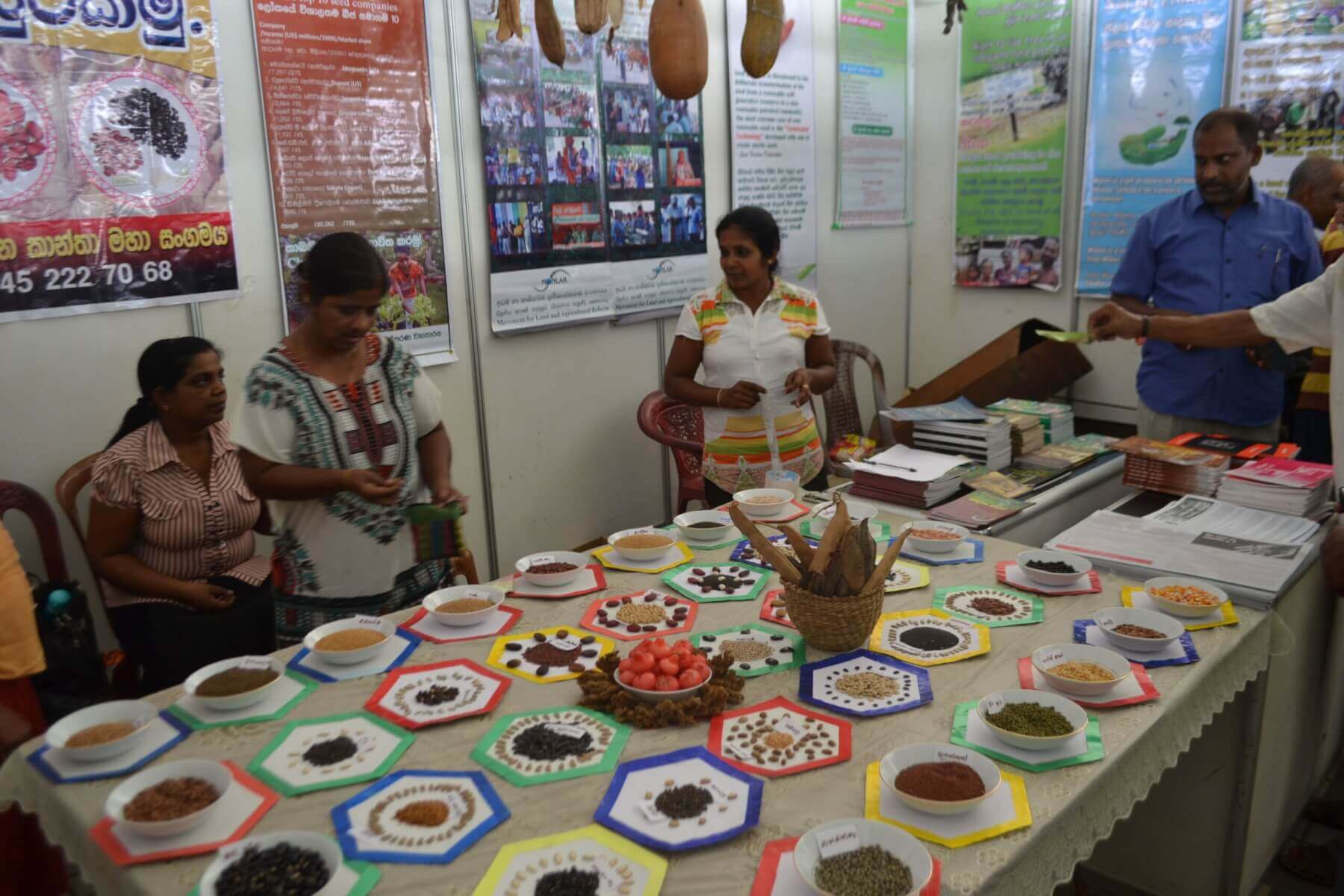
Seeds should not be privatized by companies; indigenous seeds provide good yields and can be re-used year after year. Food security starts at the seeds. © MONLAR
On December 5, 2022, we held our second training session in Thalawa, Nawa Gagasiripura village in Anuradhapura, where 40 women received education on agroecological farming. This session covered both theoretical and practical aspects, ensuring the participants gained a comprehensive understanding of sustainable agriculture practices.
Through this collaboration with MONLAR, we are committed to empowering women farmers, enhancing their livelihoods, and promoting a shift towards organic farming. This initiative not only supports the environment but also strengthens community resilience and food sovereignty. For more information on our ongoing efforts and future plans, Read more here.
Rebuilding Community Livestock – Livestock plays an essential role in organic farming by providing raw materials for organic fertilizers. To rebuild community livestock numbers, Renaissance Sri Lanka can:
- Promote Sustainable Livestock Practices: Encourage the raising of chickens, goats, and bovines, tailored to the local terrain and available resources. This not only provides organic fertilizer but also supports local food security.
- Utilize Invasive Species as Feedstock: In areas where invasive species like guinea grass are prevalent, promote the mass-scale harvest of this grass as feedstock for livestock. This approach can mitigate the impact of invasive species on biodiversity while providing an abundant source of fodder.
Enhancing Organic Fertilizer Production – Building stocks of organic fertilizers and pest repellents is critical for sustainable farming. Renaissance Sri Lanka can:
- Support Community Manufacture of Organic Inputs: Provide training and resources for communities to produce their own organic fertilizers and pest repellents. This reduces reliance on external inputs and ensures that organic farming practices are tailored to local conditions.
- Conduct Effectiveness Audits: Regularly assess the effectiveness of various organic inputs in different agro-climatic zones. This ensures that farmers use the most appropriate and effective organic inputs for their specific needs.
Implementing Training Programs – Education and capacity-building are vital for the success of sustainable agriculture. Renaissance Sri Lanka can:
- Train Trainers (TOTs): Develop programs to train local trainers who can, in turn, educate farmers on organic practices, seed storage, and livestock management. This creates a self-sustaining cycle of knowledge dissemination.
- Host Workshops and Demonstrations: Organize workshops and field demonstrations to showcase successful organic farming techniques and the benefits of using organic inputs. This hands-on approach can inspire and motivate farmers to adopt sustainable practices.
In April 2021, Renaissance Sri Lanka took a bold step towards transforming the country’s agricultural landscape by banning agrochemical imports. This initiative aimed to transition Sri Lankan agriculture to organic methods, a move celebrated for its vision but challenging for farmers reliant on conventional farming techniques. To address these challenges, Renaissance Sri Lanka partnered with MONLAR, a leader in organic farming education.
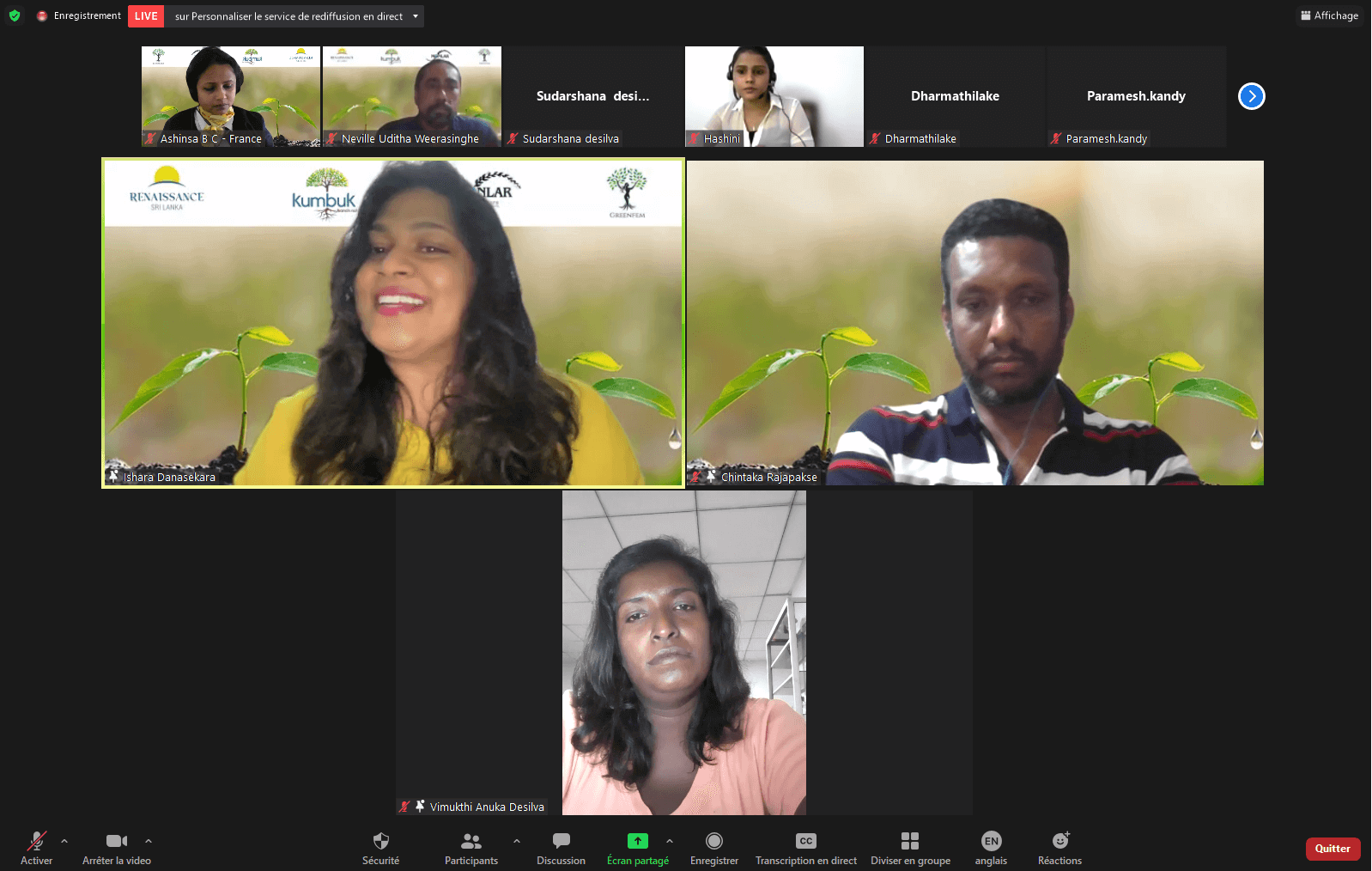
During the series of webinars © Renaissance Sri Lanka
Through this partnership, educational initiatives were launched to equip farmers with the necessary skills and knowledge for organic farming. These efforts have enabled farmers to secure stable incomes while reviving traditional agricultural practices. By embracing organic methods, these farmers are not only improving their livelihoods but also promoting environmental sustainability.
The focus on sustainable farming practices is crucial for maintaining long-term soil health and biodiversity. Healthy soils and diverse ecosystems are vital for the resilience and productivity of local agriculture. Renaissance Sri Lanka’s commitment to organic farming supports the well-being of communities and the environment, ensuring a sustainable future for generations to come. This transformative journey underscores the importance of education and support in achieving agricultural sustainability.
Renaissance Sri Lanka could lead a renaissance in sustainable agriculture, fostering a future where communities thrive through organic processes and resilient food systems. Together, we can ensure that the vision of a thriving, sustainable Sri Lanka becomes a reality, empowering communities and preserving our natural heritage for generations to come.
Conclusion
Building sufficient stocks of mandatory inputs for maximizing outputs of organic processes and subsidizing nutrition over yield is a multifaceted approach that requires community involvement, careful planning, and sustainable management. By focusing on the preservation of seed stocks, rebuilding livestock numbers, and ensuring effective organic fertilizer production, communities can achieve long-term agricultural sustainability. This approach not only benefits the environment but also promotes healthier food production, contributing to the well-being of the community. Through strategic planning, training, and collaboration, the vision of a sustainable organic farming future can be realized.
Reference
Hector Kobbekaduwa Agrarian Research and Training Institute. Roadmap for Converting Sri Lanka to organic farming Accessed May 2024



